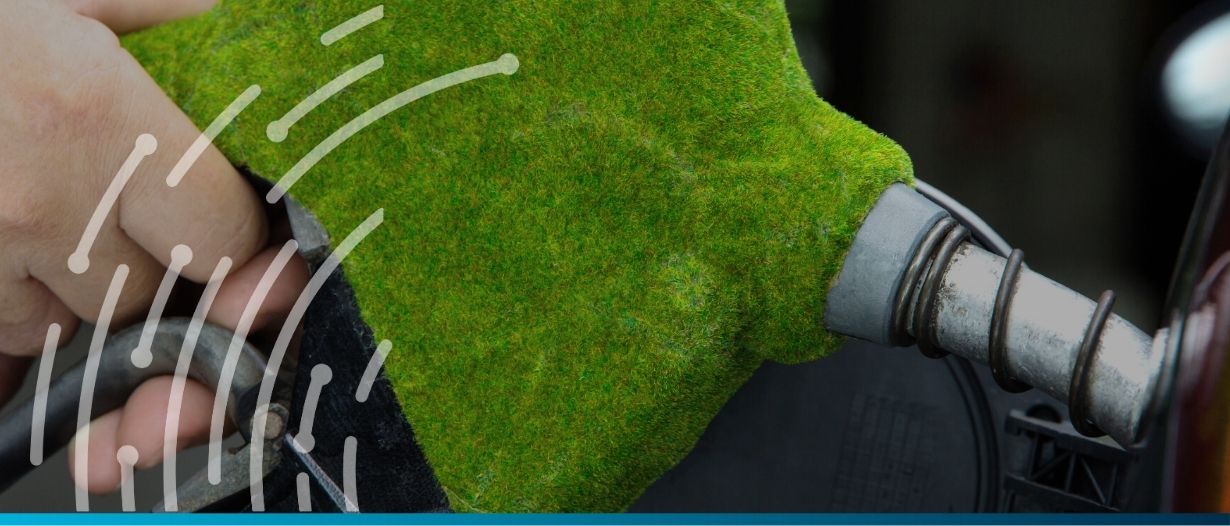Estimated reading time: 2 minutes
As the global demand for shipping continues to rise, the imperative for the industry to embrace sustainability becomes increasingly urgent to mitigate its environmental impact and contribute to a greener future.
ING’s recently-published research explores the role of synthetic fuels for the net-zero transition in the shipping industry: Synthetic fuels could be the answer to shipping’s net-zero goals, but don’t count on them yet
Key points from the report include:
- Today, international shipping accounts for 681 million tons of CO2 every year. While the sector is improving in terms of energy efficiency, emissions are likely to stay at about 600 megatons as seaborne trade is expected to grow by 15% by 2030.
- The International Maritime Organisation is still targeting a 50% reduction in CO2 for shipping by 2050 from a 2008 base rather than from 1990, which the Paris Agreement looks at.
- Given technical and policy limitations, there are three main strategies to reduce emissions:
- Tempering the demand for shipping, which basically means reducing growth in international trade.
- Improving the efficiency of current bunker fuel engines and vessels.
- Apply a technology fix by replacing fossil fuels with biobased and synthetic fuels.
- Synthetic fuels such as hydrogen and ammonia can drastically reduce carbon emissions in shipping, especially if they are produced with green electricity (green) or when Carbon Capture and Storage is applied (blue).
- Policy developments are likely to push for synthetic fuels too – The European Union aims to reduce the greenhouse gas intensity by 80% in 2050 compared to 2020 levels, starting with 2% in 2025.
Stephen Fewster, Global Head of Shipping sector at ING said, “ING will continue to work with all its clients to help them transition to a zero-carbon future. We will do this by providing thought-leading research, collaborating on initiatives such as the Poseidon Principles and providing finance for investment in new technology.”
Rico Luman, Sector Economist Transport, Logistics and Automotive at ING said, “The higher costs of methanol and ammonia and the willingness to pay the premium is a challenge, but making the fuel available in ports is a crucial condition to get it off the ground.”





























